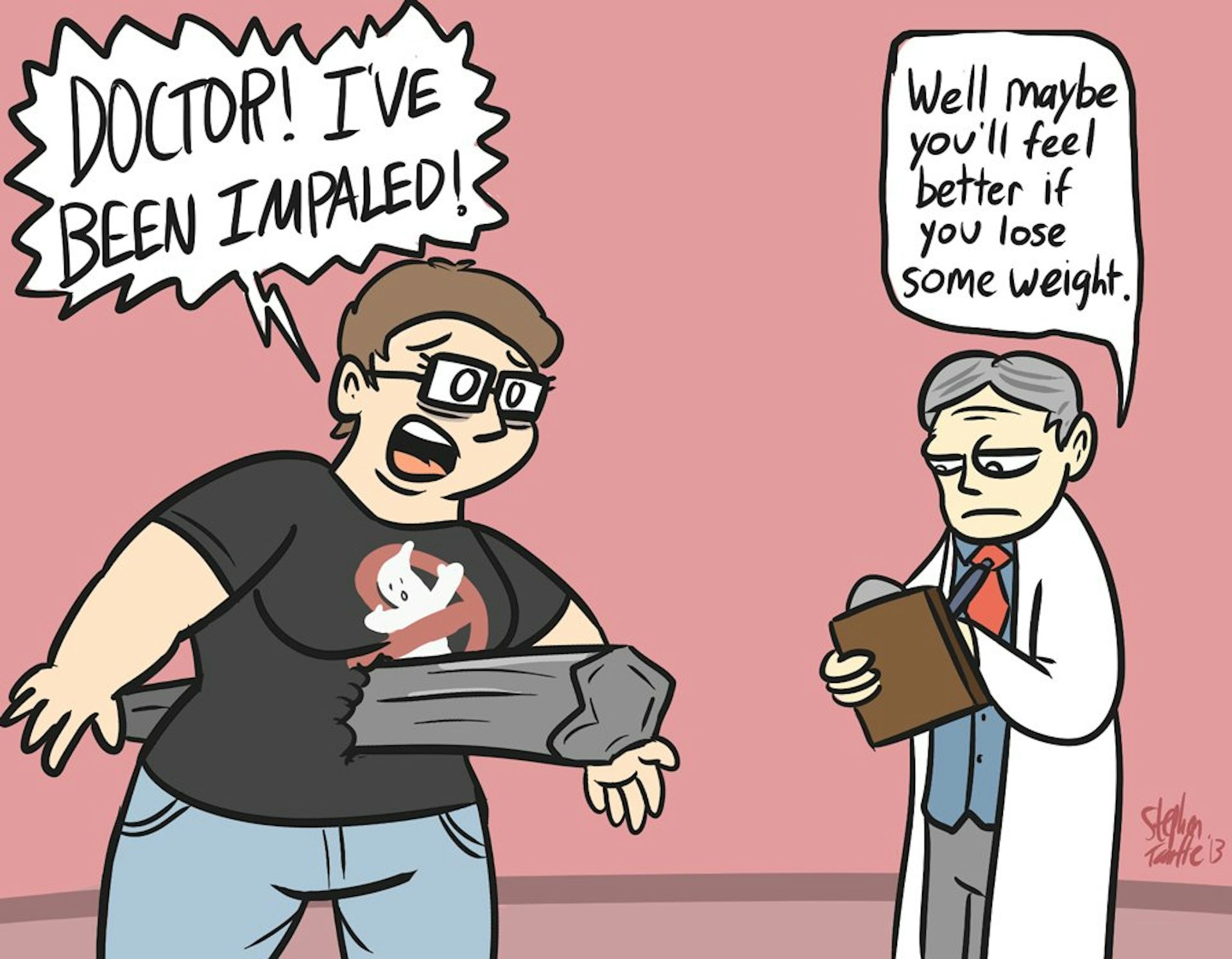The World Of Fat Person Jokes
Fat person jokes have long been a part of our comedic landscape, often walking a fine line between humor and insensitivity. While laughter can be a great unifier, it can also tread on sensitive territory, making us question the impact of our words. It is essential to approach this topic with a sense of responsibility, understanding the nuances that come with such jokes. The intent behind these jokes can vary widely; some may aim to be light-hearted and jovial, while others could reinforce harmful stereotypes and perpetuate body shaming.
Humor can be a powerful tool for coping with life's challenges, including body image issues. Fat person jokes, when crafted thoughtfully, can provide a way for individuals to reclaim their narrative and foster a sense of community. However, it is crucial to recognize when humor crosses the line into mockery. This article will explore the origins, implications, and various aspects of fat person jokes, offering insights into how they can be both harmful and healing, depending on their context.
As we delve deeper into this topic, we will examine the cultural significance of these jokes, the social dynamics at play, and the role of comedians in either promoting or challenging fat phobia. So, buckle up as we navigate the sometimes bumpy road of humor and sensitivity, ensuring that laughter can be a source of joy rather than pain.
What Are Fat Person Jokes?
Fat person jokes refer to comedic remarks or anecdotes that revolve around weight, body size, and appearance. While some of these jokes are light-hearted and intended to make people laugh, others can be derogatory, perpetuating negative stereotypes about individuals with larger body sizes. The key to understanding this type of humor lies in the context and delivery; a well-timed joke can elicit laughter, while a poorly executed one may offend and alienate.
How Did Fat Person Jokes Evolve Over Time?
The evolution of fat person jokes can be traced back to early forms of entertainment, where physical comedy and slapstick often played a significant role. As society's views on body image and weight have shifted, so too has the nature of these jokes. In some contexts, they have been used as a way to bond over shared experiences, while in others, they have served to marginalize and stigmatize individuals based on their size.
Are Fat Person Jokes Always Offensive?
The question of whether fat person jokes are always offensive is complex and subjective. While some people may find humor in jokes about weight, others may feel hurt and marginalized. The impact of such jokes often depends on who is telling them, the audience's background, and the context in which they are delivered. It is crucial to approach this type of humor with caution and empathy, recognizing that not everyone shares the same perspective.
Can Fat Person Jokes Be Reclaimed?
Many individuals within the fat community have taken the initiative to reclaim fat person jokes, turning what was once a source of shame into a form of empowerment. By owning their narratives and using humor to address societal biases, these individuals can create a space for dialogue and understanding. This reclamation can help challenge harmful stereotypes and promote body positivity, allowing for a more inclusive approach to humor.
Who Are Some Comedians Known for Fat Person Jokes?
Several comedians have made a name for themselves by incorporating fat person jokes into their routines, often using their experiences to shed light on the complexities of body image and societal expectations. Here are a few notable names:
- Gabriel Iglesias
- Melissa McCarthy
- Ralphie May
- Jonah Hill
What Are Some Classic Fat Person Jokes?
Classic fat person jokes often play on stereotypes and exaggerations about body size. Here are a few examples that showcase the light-hearted side of this type of humor:
- "I’m on a seafood diet. I see food, and I eat it!"
- "I’m not fat; I’m just easier to see!"
- "I don’t have a weight problem; I have a food problem!"
What Are the Social Implications of Fat Person Jokes?
The social implications of fat person jokes can be significant. On one hand, they can serve as a bonding mechanism for individuals who share similar experiences. On the other hand, they can contribute to the stigma surrounding body weight, leading to feelings of shame and inadequacy among those who are the targets of such humor. It is essential to be mindful of the potential consequences of these jokes and to promote a more inclusive approach to comedy that celebrates diversity in body types.
How Can We Foster Body Positivity Through Humor?
To foster body positivity through humor, it is crucial to create an environment that encourages inclusivity and empathy. Here are some strategies to promote a healthy relationship with humor and body image:
- Focus on self-deprecating humor that celebrates individuality.
- Encourage comedians to share their personal experiences with body image.
- Highlight diverse voices in comedy that challenge traditional beauty standards.
- Emphasize the importance of context and audience when delivering jokes.
Conclusion: Can Fat Person Jokes Bring Us Together?
In conclusion, fat person jokes occupy a unique space in the world of comedy, where humor can either bridge gaps or create divides. By understanding the cultural significance of these jokes and the impact they have on individuals and society, we can navigate this complex terrain with sensitivity and awareness. Ultimately, the goal should be to foster an environment where laughter is a source of joy and connection, rather than a tool for exclusion and ridicule. With a thoughtful approach, we can embrace humor while celebrating the beauty of diversity in all its forms.



ncG1vNJzZmivp6x7s7HBnqOrmZ6YtbjFzmeaqKVfnru0tcahq6xpX5uutXnPnqmsp55it7C3xKxloaydoQ%3D%3D